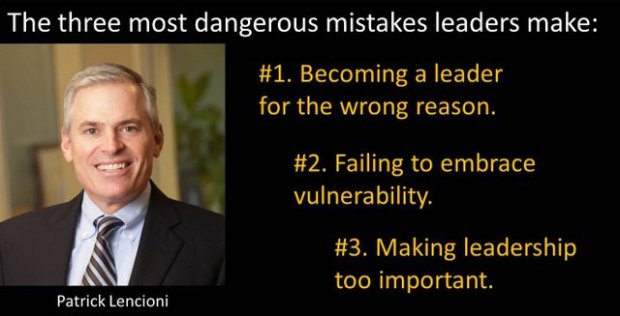Wow - Pastor Rick just says it as it is!! What are your thoughts?
“The righteous choose their friends carefully.” (Proverbs 12:26a NIV)
If
you’re supposed to choose your friends carefully, you should be even
more careful about who’s going to be your life partner. Notice it is a
choice. God doesn’t do this for you. God says you make the choice. God leads us, God guides us, and God gives us guidelines. But ultimately, it’s your choice.
However, many people believe the myth that there is only one right person for them.
That’s
very romantic, but it’s just not true. It’s also not biblical. And it’s
not even logical! If there were only one right person for everybody in
the world, it would only take one person to make a wrong decision and
break the chain for everybody else.
Let’s say I was supposed to
marry a woman named Susan. Instead, I marry Kay. Then all of a sudden,
it upsets the apple cart for everybody else on the entire planet! It is a
total myth. It’s romantic, but it’s a myth.
In your life there
are multiple people God would say it’s OK for you to marry. There are
millions that he would absolutely rule out, but there are multiple
opportunities that God would say “OK” to. It’s your choice. It’s your
preference.
There’s another myth that many people believe: Love alone is enough reason to marry.
I
talk to people all the time who are getting married. I look at them and
think, “There’s no way.” The family background isn’t right. The
spiritual background isn’t right. The personalities aren’t right. They
don’t have the same amount of energy or ambition. They don’t even have
the same values and goals. But, they “love each other …”
Just because you love someone does not mean you should marry that person.
God
doesn’t tell you who to marry. But he does give you a description of
the kind of person that he desires for you to marry. If you want God’s
blessing and protection on your marriage and you want success in your
marriage, then you need to listen to what God has to say about the kind
of person you should marry.
Talk It Over
- What are the right reasons to get married?
- When do you think is the best time to consider what God wants you to look for in a partner?



